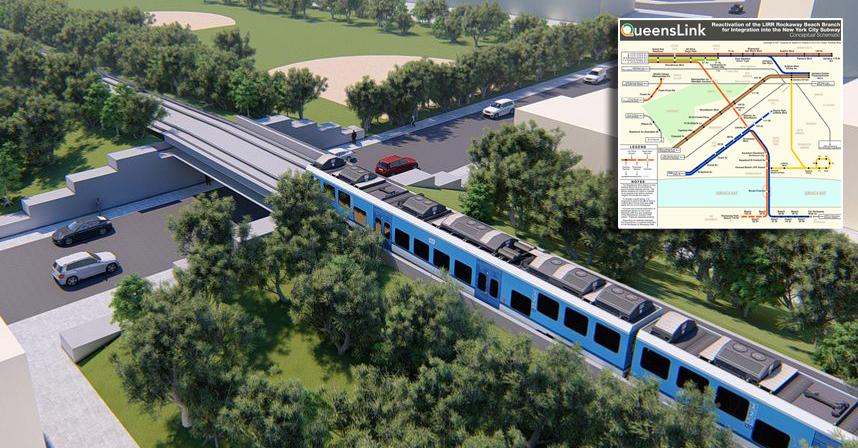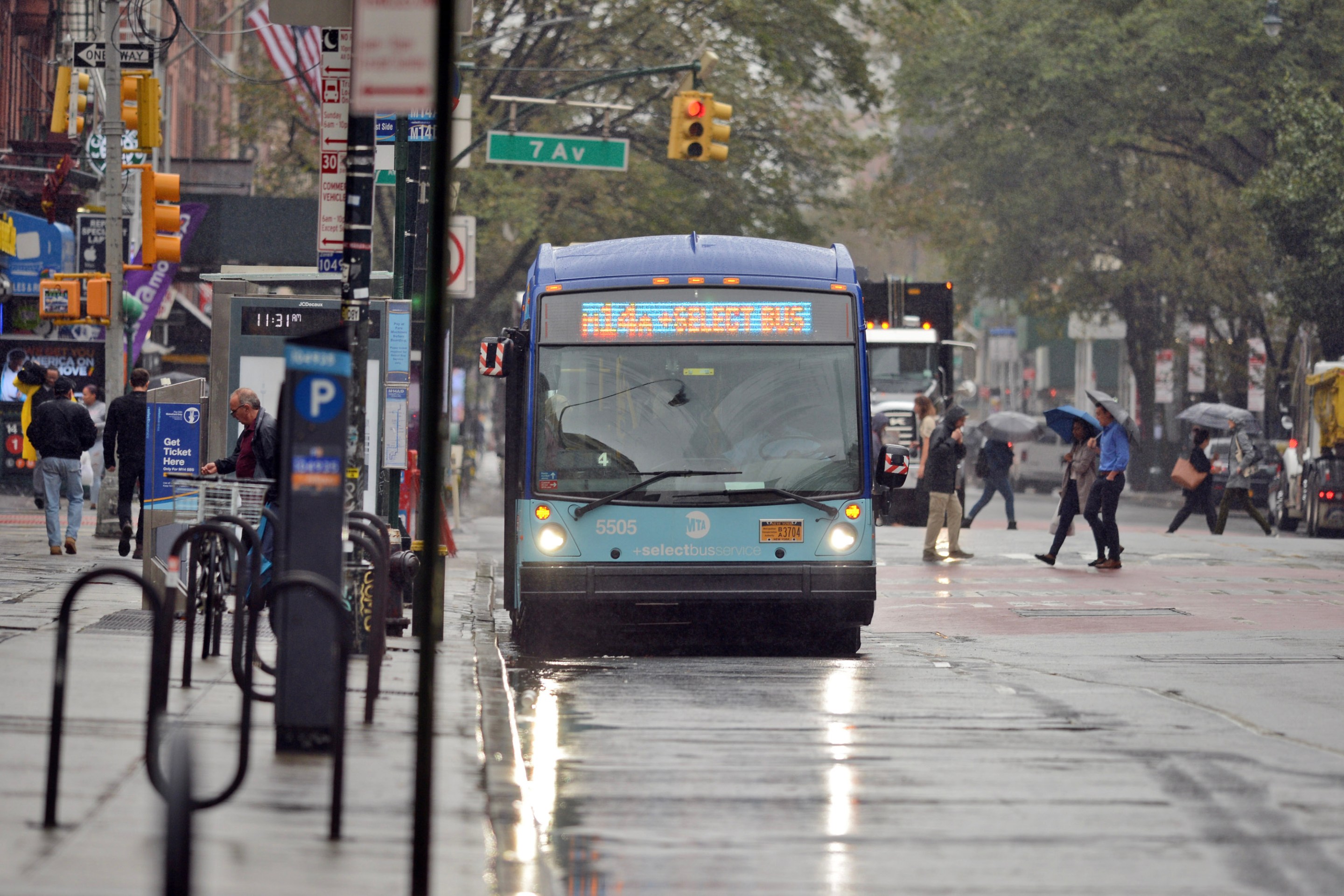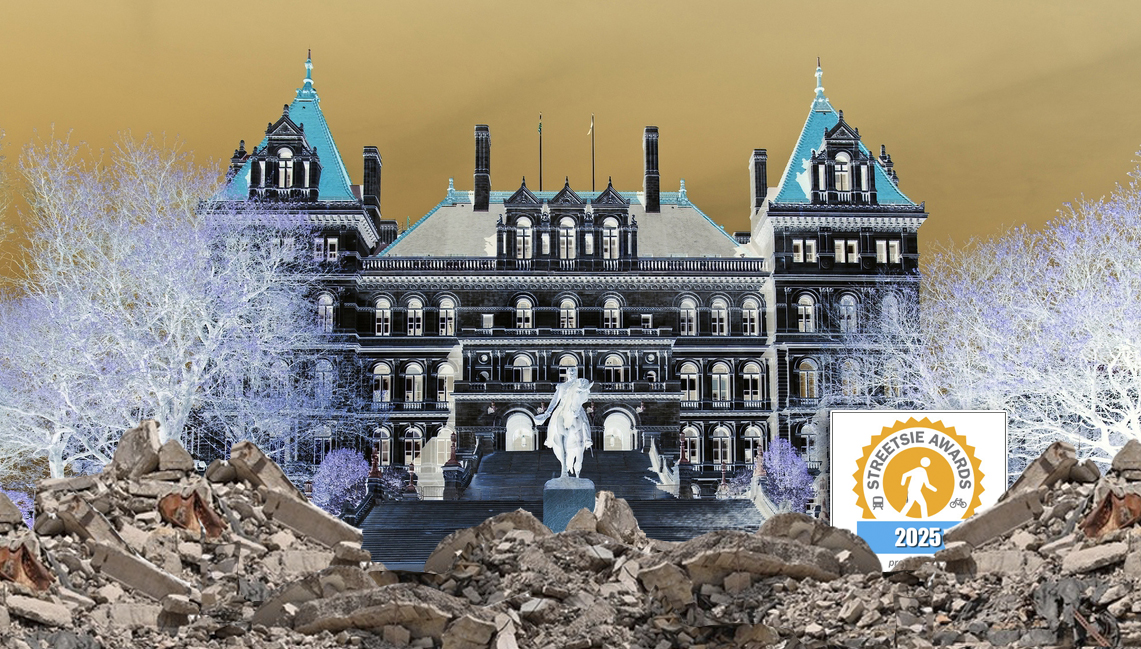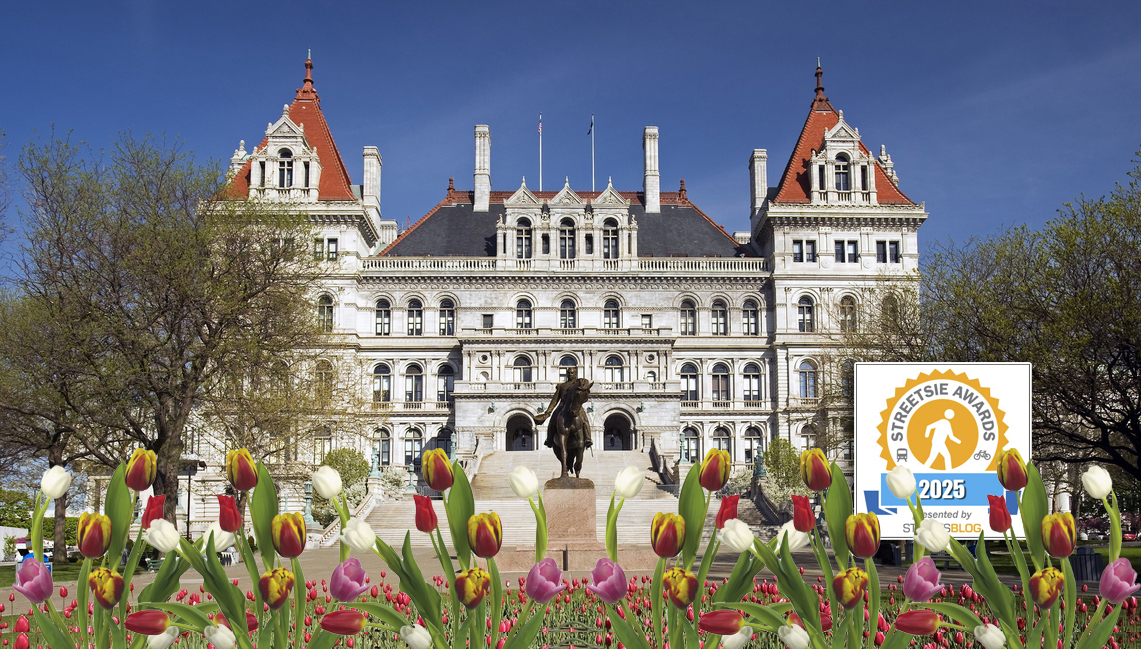The question of whether to build the Trinity Parkway, a $1.5 billion toll road that would run along the Trinity River from roughly West Dallas to Oak Cliff, has divided leaders in Dallas.

Mayor Mike Rawlings and other power players have doggedly supported the project, saying it's necessary to relieve congestion on nearby highways. But some prominent leaders have come out against it, arguing that the highway will further sprawl and squander opportunities for walkable development in urban neighborhoods.
Even the documentation that highway planners are putting together to clear the way for the new road supports the claim that the Trinity Parkway will cause people to drive more. Brandon Formby at the Dallas Morning News' Transportation Blog reports:
According to North Texas traffic projections for 2035, drivers who pass through a 34.3-mile area around the road will collectively drive 8 million miles a day if Trinity Parkway is built. But they’ll only drive 7 million miles a day that same year if it isn’t. And while the toll road’s existence is expected to help drivers around the urban core spend 4,817 fewer hours sitting in traffic each day, the time they’ll spend driving overall will jump about 11,677 hours a day.
In 2016, no one should be surprised that building more highways leads to more driving. Formby writes:
When a government agency adds new freeway lanes or opens a new highway, it makes it easier to travel farther faster. At least at first. One side effect is that motorists change their travel patterns and drive farther -- and often out of their way -- to reach the new, smoother-flowing corridor.
The initial faster travel times can also set off a chain reaction of events that have long-lasting effects.
“That then causes land developers and business owners and residential subdivision builders to locate farther away from the urban core,” Ewing said. “So you get sprawl, you get leap-frog development.”
The building that ensues attracts more companies, consumers and residents. All of which spurs more traffic. But people’s origins and destinations are more spread out, so they have to drive even farther than before. Just like the people who altered their old routes to take advantage of the new capacity. Eventually, the highway fills up with frustrated drivers sitting in congestion.
How many times does Dallas have to repeat the same mistake before reality sets in?
Elsewhere on the Network today: Biking Toronto reports that the city's director of sustainable transit was doored while riding her bike, but will thankfully be okay. Streets.mn tries to imagine a future of zero-carbon highways and parking lots. Seattle Transit Blog reports that the city's new First Hill Streetcar had a soft-launch this weekend. And Architect this City considers how better design could help tall residential towers better bring people together.





